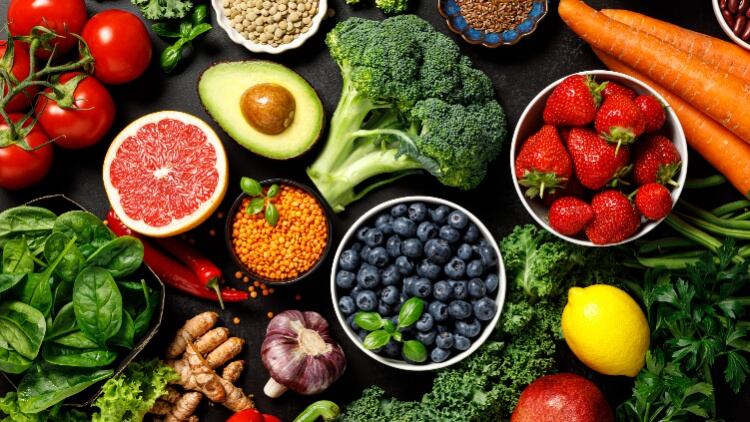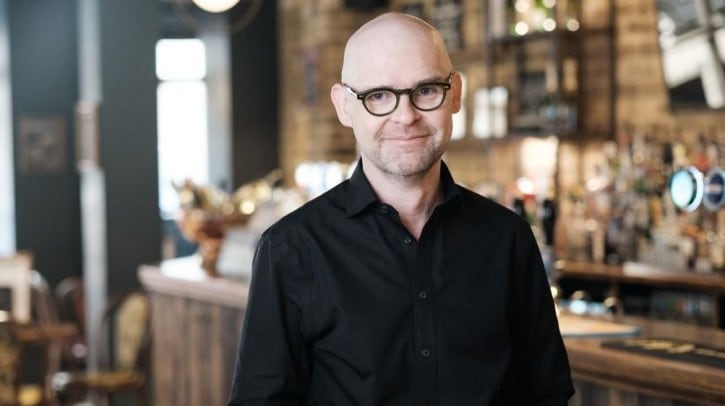The latest Business Confidence Survey showed 33% of respondents were very concerned and 16% were moderately concerned. Just 1% of those surveyed said they were not worried.
Furthermore, around four in five leaders stated they had seen increases in the price of eggs (85%), chicken (80%) while nearly as many had also experienced hikes in the cost of beer (79%) and red wine (74%).
CGA’s latest Prestige Foodservice Price Index indicated food prices increased to 21.6% in May this year, with food menu prices having risen by an average of 13% in the last 12 months.
This comes as the headline rate to inflation was today (Wednesday 19 July) estimated to have hit 7.9% in the year to June, down from 8.7% in May, while food inflation had eased to 17.4%, down from 18.4% the previous month, according to figures from the Office for National Statistics (ONS).
Fourth EMEA managing director Sebastien Sepierre said: “This data highlights the continuing challenges that operators are facing, with the rise of food and drink prices becoming particularly hard to swallow.
Tight margins
“With these cost pressures impacting on profitability, it’s essential that businesses make the most of technology to help control costs and increase efficiencies across both labour and supply, enabling them to adapt to changing circumstances in this period of uncertainty and beyond.”
On top of mounting food prices, payroll costs are also putting pressure on the sector, with wages having increased by an average of 11% over the last 12-months, according to CGA, which is ahead of the rate of inflation during that period.
The upswing in wage costs was driven by increases in the National Minimum Wage and National Living Wage from April as well as staff shortages, CGA added, which have concerned around two thirds (65%) of business leaders.
According to the data, 9% of roles across the sector are now vacant with only half (49%) of leaders confident about recruitment over the next 12 months.
CGA by NIQ director hospitality operators and food, EMEA, Karl Chessell said: “These figures are the clearest evidence yet of the impact of cost pressures on hospitality.
“This is a resilient and resourceful sector and businesses have steadily built back from the turmoil of Covid-19, but relentless inflation means many of them are now operating on extremely tight margins.
Economic recovery
“Rising prices throughout the food and drink supply chain and enforced increases in pay levels have left few companies unscathed, and some are now very fragile.”
Four in five (79%) leaders were also concerned about energy prices and contracts, while well over half felt the same way about business rates (59%) and VAT (54%).
Just over half (54%) of those surveyed felt optimistic about prospects for their business over the next 12 months, which is well below pre-Covid levels, according to CGA.
Additionally, more than a quarter (28%) of leaders said they have less than three months’ worth of cash reserves, and one in seven (14%) stated their business was at risk of failure in the next 12 months.
Chessell added: “Hospitality’s long-term outlook remains good. Consumers are keen to eat and drink out when spending allows, and there are some signs that inflation may ease in the second half of 2023.
“However, in the meantime the sector needs targeted support on tax, energy, labour and other areas if it is to help power the UK’s much-needed economic recovery.”





